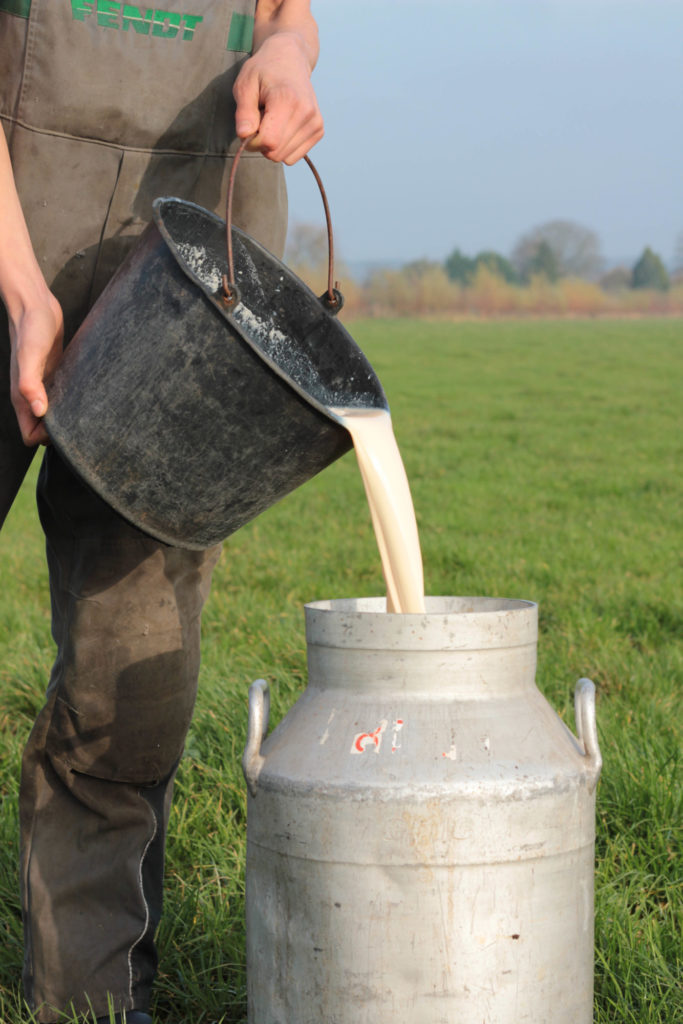A2 milk
95% of the Guernsey cows produce the “healthy” A2 milk, as opposed to most other cows who produce A1 milk.
In Holland we drink primarily A1 milk. The past few years we have become increasingly aware about the negative health consequences of the A1 milk. There has been growing concern expressed by the general population about the A1 beta casein content in the milk. The beta-casein protein in A1 milk is broken down by the digestive system to release a potentially harmful opioid, BCM-7. The beta-casein in A2 milk does not get broken down in this way and is therefore considered safe and nutritious. More than 100 scientific studies have been published that show an association between A1 milk and heart disease, diabetes (type 1), milk intolerance, autism, schizophrenia, Crohn’s disease and infant death. Professor Keith Woodford (Lincol University Christchurch in New Zealand) has gathered all these studies in his book “Devil in the Milk”. Moreover, under strictly controlled laboratory conditions, two studies with mice and rats have taken place that show the same association with the above-mentioned disorders.
Beta Casein
Cows with the A1 variant of the beta-casein gene produce a protein that is broken down during digestion, resulting in the release of a harmful peptide BCM-7. BCM-7 is then absorbed into the bloodstrea with negative consequences. In cows which carry the A2 variant the beta-casein is not broken down in this way, therefore BCM-7 is not released and the negative health effects are avoided.
Do you want to know more about the benefits of A2 milk? Read the A2 factsheet.


